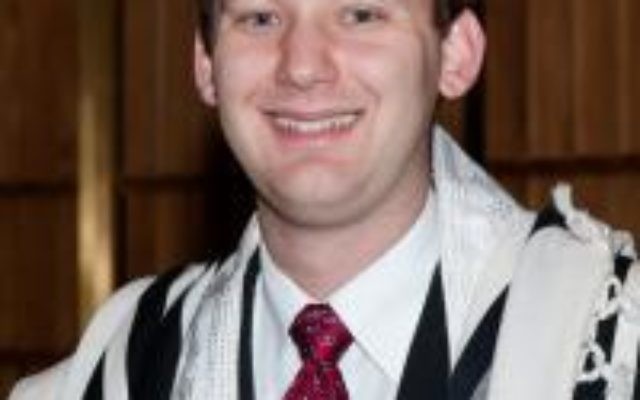Cong. Etz Chaim: Seeing the World Without a Filter
Rabbi Daniel Dorsch | Congregation Etz Chaim
On the evening news I recently saw that there has been a remarkable breakthrough in technology that will soon make reading glasses obsolete. A new eye implant known as the “raindrop” takes approximately five minutes to complete and has had very promising results. If they undergo the relatively simple procedure, previously farsighted people will no longer need to use their reading glasses.
Will you make the switch? I am far from a medical expert, but there seem to be several factors to consider.
The operation was only recently approved by the Food and Drug Administration, meaning that you’ll be one of the first to undergo the procedure. The surgery costs $3,000 and is not covered by insurance. It is also elective, and while it’s an absolute pain to put on reading glasses (not to mention the frequency with which they get lost), seeing things through lenses is what you’re used to doing.
In other words, if you suppose life is working for you the way it is at the moment, is it really worth the risk to change? What is the price you are willing to pay to see the world through unfiltered eyes?
Each year, as we approach the High Holiday season, each of us weighs the prospects of doing teshuva, repentance. We do cheshbon hanefesh, a soul accounting, and a kind of cost-benefit analysis of the lives we currently live. We weigh our options.
Most of us recognize that there is always room in ourselves for improvement. But we also may be satisfied with a pair of lenses through which we see the world at our present moment.
Unfortunately, sometimes the glasses we live with are tinted, and it is only after the fact that we realize the way we may not have acted in our own best interest. We may hurt another person in a way that, through the lenses that we wear, we couldn’t foresee happening.
We know or suppose that living a Jewish life enables us to see the world in a more meaningful fashion. However, the lenses we wear may present the world differently.
Each Rosh Hashanah we again ask ourselves: What is the price that we are willing to pay to see things through unfiltered eyes?
After the sounding of the shofar, the congregation recites Ashrei ha’am yodeah teruah, “Happy is the nation who hears the sound of the teruah.” According to the Degel Machane Ephraim, the grandson of the founder of Hasidism, the Baal Shem Tov, this verse is speaking about the light of G-d’s countenance that is contained within each of us.
During the remainder of the year, our vision of the world is cloudy. We see things only through filters and lenses. We are unable to experience this light.
Yet each time we hear the sounding of the shofar on Rosh Hashanah, for a brief second, a small amount of that light is released. We rejoice as the sound of the shofar allows us to see the world not through a filter, but instead as it should and ought to be.
Making a change in our lives is hard. Living a Jewish life also takes commitment. No change we make comes without risk. But each year the High Holiday season reminds us of the benefits of positive change. Making the right change in your life can be the difference between seeing the world through the lenses and filters we create for ourselves and seeing the world with your own eyes.
This year, when we hear the shofar and the light of G-d’s countenance shines through, let’s seize the opportunity to answer the call by seeing the world through our own eyes with positive change.
Rabbi Daniel Dorsch is the new spiritual leader at Congregation Etz Chaim.





comments